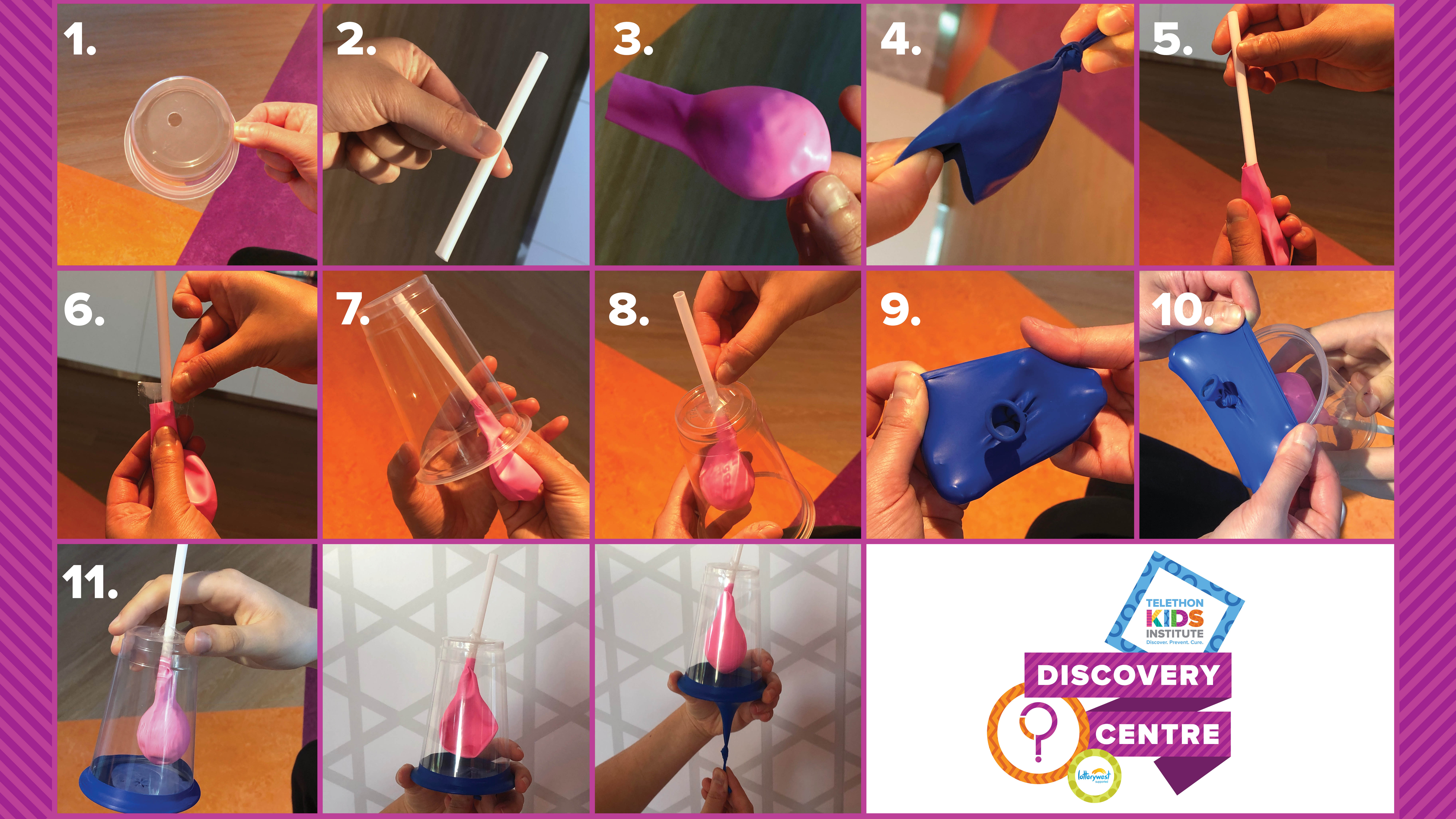Search
Showing results for "1"


News & Events
Honours/Masters scholarship - now openWe provide opportunities for integrated research and clinical projects and scholarships are granted on a competitive basis to outstanding candidates.

News & Events
Community Involvement critical to researchUnderstanding the experiences of those living with a chronic condition such as type 1 diabetes (T1D) has been the topic of conversation throughout the medical research community over the last decade or so.

News & Events
Christmas nutrition tipsWe asked our nutrition research lead and Accredited Practising Dietitian, Dr Amelia Harray, for her advice on how to enjoy food and stay on track with managing type 1 diabetes over Christmas.

News & Events
Hybrid system gets big thumbs up from AndrewJust a small taste of the hybrid closed loop pump was all it took for Andrew Parsons to jump at the chance to be involved in a longer at-home trial of the system.

News & Events
Outpatient check-in checklistThe outpatient check-in process at Perth Children’s Hospital (PCH) differs to the way things were done at Princess Margaret Hospital.

News & Events
Zandyn's storyHaving diabetes is hard and that's why our researchers are working tirelessly to develop more effective therapies to improve the lives of those living with T1D

News & Events
Diabetes Australia appDiabetes Australia have released an app to make living with or caring for someone with diabetes a little easier.

Get some key information about some of the most popular questions that people are asking about the Discovery Centre.

Have you ever wondered how your lungs work? Researchers from our Children’s Lung Health Team show you how to make a simple lung model by using common household items.
